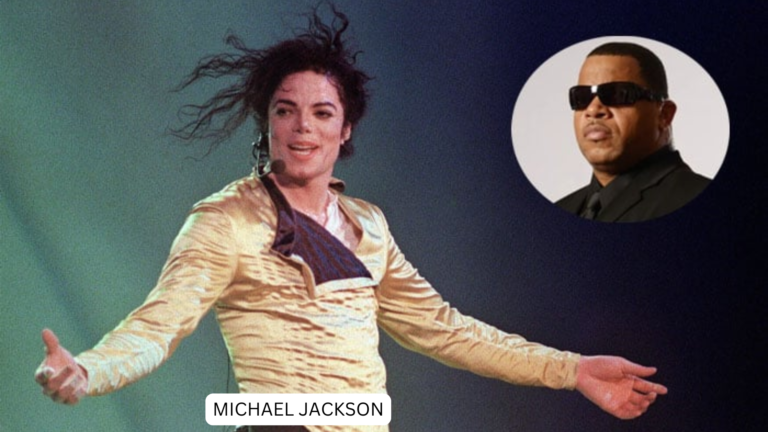Chris Colfer, born in Clovis, California, embarked on a remarkable journey from a small-town boy to a star on one of television’s most beloved series, Glee. As Kurt Hummel, Colfer not only showcased his immense talent but also became an icon for many young viewers struggling with their own identities. However, behind his meteoric rise was a profound struggle, one that many in Hollywood have faced: the fear of coming out as gay.
Table of Contents
- 1 Hollywood’s Historical Chris Colfer Stance on LGBTQ+ Actors
- 2 Chris Colfer’s Journey to Acceptance
- 3 The Impact of Staying Closeted
- 4 Breaking the Silence: Colfer’s Decision to Come Out
- 5 The Public’s Response and Support
- 6 The Evolution of LGBTQ+ Representation in Media
- 7 Hollywood Today: A Changing Landscape
- 8 Colfer’s Legacy and Ongoing Advocacy
- 9 Conclusion: The Power of Authenticity
Hollywood’s Historical Chris Colfer Stance on LGBTQ+ Actors
The entertainment industry has a long history of advising LGBTQ+ actors to remain closeted. For decades, the fear was that being openly gay would limit an actor’s roles and appeal, thus affecting their career longevity and profitability. This antiquated mindset was very much alive when Colfer began his career. Despite societal progress, many insiders still clung to the belief that an openly gay actor could not play straight roles convincingly or be a major box office draw.
Chris Colfer’s Journey to Acceptance
When Glee premiered in 2009, it broke numerous barriers with its diverse cast and bold storylines. Colfer’s portrayal of Kurt Hummel, an openly gay teenager, was groundbreaking. It provided a voice to millions who felt unheard. Despite his character’s acceptance on screen, Colfer faced real-world pressures to keep his personal life private. Industry executives warned him that coming out would jeopardize his burgeoning career, a sentiment that reflects the systemic homophobia within Hollywood.
The Impact of Staying Closeted
For many LGBTQ+ individuals, staying in the closet is not just a personal decision but one influenced by societal and professional pressures. For Colfer, the fear instilled by those advising him was palpable. He was told that public knowledge of his sexuality could result in a lack of roles and diminishing popularity. This pressure to conform to heteronormative expectations is a common narrative among actors in the industry.
Breaking the Silence: Colfer’s Decision to Come Out
Despite the warnings, Chris Colfer decided that living authentically was more important than conforming to industry pressures. His decision to come out was a significant moment not only for him but also for the representation of LGBTQ+ actors in Hollywood. It challenged the outdated notion that being openly gay was a career-ending move and paved the way for future generations of actors to live openly and authentically.
The Public’s Response and Support
When Colfer publicly came out, the response from fans and the public was overwhelmingly positive. His bravery resonated with many who admired him not just for his talent but for his authenticity. It also sparked conversations about the importance of representation and the challenges LGBTQ+ actors face in Hollywood. This public support highlighted a shift in societal attitudes, reflecting a growing acceptance and celebration of diversity.
The Evolution of LGBTQ+ Representation in Media
Chris Colfer’s coming out story is a part of a larger movement towards greater LGBTQ+ representation in media. Shows like Glee played a crucial role in normalizing LGBTQ+ characters and stories. This shift is essential for fostering an inclusive society where everyone can see themselves reflected in the media they consume. Colfer’s courage helped accelerate this change, proving that audiences are ready and willing to embrace diverse stories and characters.
Hollywood Today: A Changing Landscape
While significant progress has been made since the early days of Glee, challenges remain. Hollywood is slowly but surely becoming more inclusive, with more LGBTQ+ actors and characters receiving recognition and acclaim. However, the industry still has work to do in terms of providing equal opportunities and dismantling the lingering stigmas associated with being openly gay.
Colfer’s Legacy and Ongoing Advocacy
Chris Colfer’s legacy extends beyond his role on Glee. He has become an advocate for LGBTQ+ rights and continues to use his platform to promote acceptance and understanding. His story serves as an inspiration to many young actors who fear that their sexuality could hinder their careers. Colfer’s journey shows that authenticity and talent can coexist, and that the entertainment industry can and should embrace diversity in all its forms.
Conclusion: The Power of Authenticity
Chris Colfer’s decision to come out despite the risks serves as a powerful reminder of the importance of living authentically. His journey highlights the systemic challenges within Hollywood but also showcases the positive impact that one person’s courage can have on an entire industry. As society continues to progress,Chris Colfer story remains a beacon of hope and a testament to the importance of representation.









